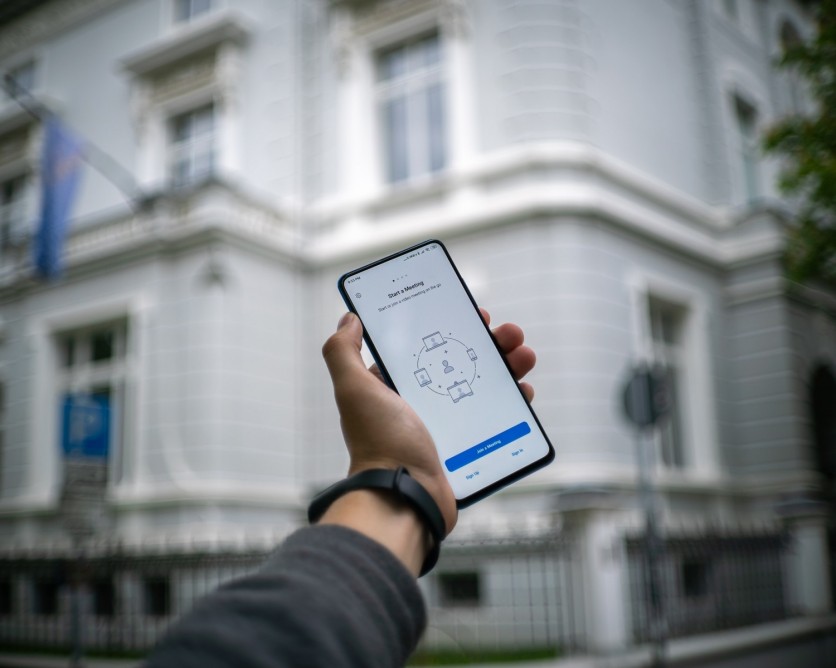Zoom wants to tackle digital terrorism following their recent privacy updates to avoid 'zoombombing'.

Zoom's mission now extends far beyond staying in touch with family and friends around the world, with its attempt to combat online terrorism as well.
During the pandemic, Zoom's market rose into insurmountable numbers, creating a surge in popularity and usage.
However, just a few months into the pandemic, the video conferencing company received heavy criticism with users' reports saying they experienced 'zoombombing'.
In "Zoombombing" cases, someone outside Zoom calls uninvited and is not part of the meeting has gained access without permission.
The company overhauled the security protections of its systems after several high-profile "Zoombombing" incidents came into popularity across social media sites.
Now, Zoom is nesting into another service; this time, to help billions of digital platform users safe from online terrorism.
The video conferencing giant has announced that it will participate in the Global Internet Forum to Counter Terrorism (GIFCT) alongside major tech giants like Microsoft, Amazon, and Meta.
Zoom's associate general counsel for trust and safety Josh Parecki told Reuters, "It is our responsibility to support our users and protect them against online threats."
Parecki also added that in collaboration with other leaders across the industry, Zoom aims to share key learnings and advance research to make the digital world a safer place.
What does GIFCT do?
Global Internet Forum to Counter Terrorism or GIFCT, is n nonprofit association founded by Facebook, Microsoft, Twitter, and YouTube in 2017 to counter terrorist attacks across Europe, the GIFCT says it aims to prevent terrorists and violent extremists from gaining access to digital platforms.
With the addition of Zoom, the NGO will have 18 companies participating. Initially focused on technical collaboration for tackling online extremism, it has since expanded to manage a hash-sharing database.
In a hash-sharing database, members of the GIFCT can share unique hashes-records of original content that has been removed from their respective platforms or services due to concerns brought by extremism.
In turn, other GIFCT members use these hashes to verify that the same content has been uploaded to their platforms.
In a statement, GIFCT Executive Director Nicholas Rasmussen said the organization was delighted to have Zoom in its network.
Rasmussen reiterated that the mission of GIFCT is to always work coordinately with a diverse range of firms "to develop cross-platform solutions that render terrorists and violent extremists ineffective across the Internet".
Now, Zoom continues to take crucial steps to ensure that its users will be protected at all times.
Due to the COVID-19 lockdown restrictions, Zoom found itself dealing with high-profile content moderation issues as individuals and companies turned to video-conferencing apps.
With abrupt policies to revamp 'Zoombombing' cases, the video conferencing company remains in motion to align their work to provide a safer world against digital terrorism.
Related Article : UPDATE: Zoom Lawsuit Settlement for 'zoombombing,' Privacy Issues; Public to Get as Much as $15 | Tech Times
This article is owned by Tech Times
Written by Thea Felicity
![Apple Watch Series 10 [GPS 42mm]](https://d.techtimes.com/en/full/453899/apple-watch-series-10-gps-42mm.jpg?w=184&h=103&f=9fb3c2ea2db928c663d1d2eadbcb3e52)



